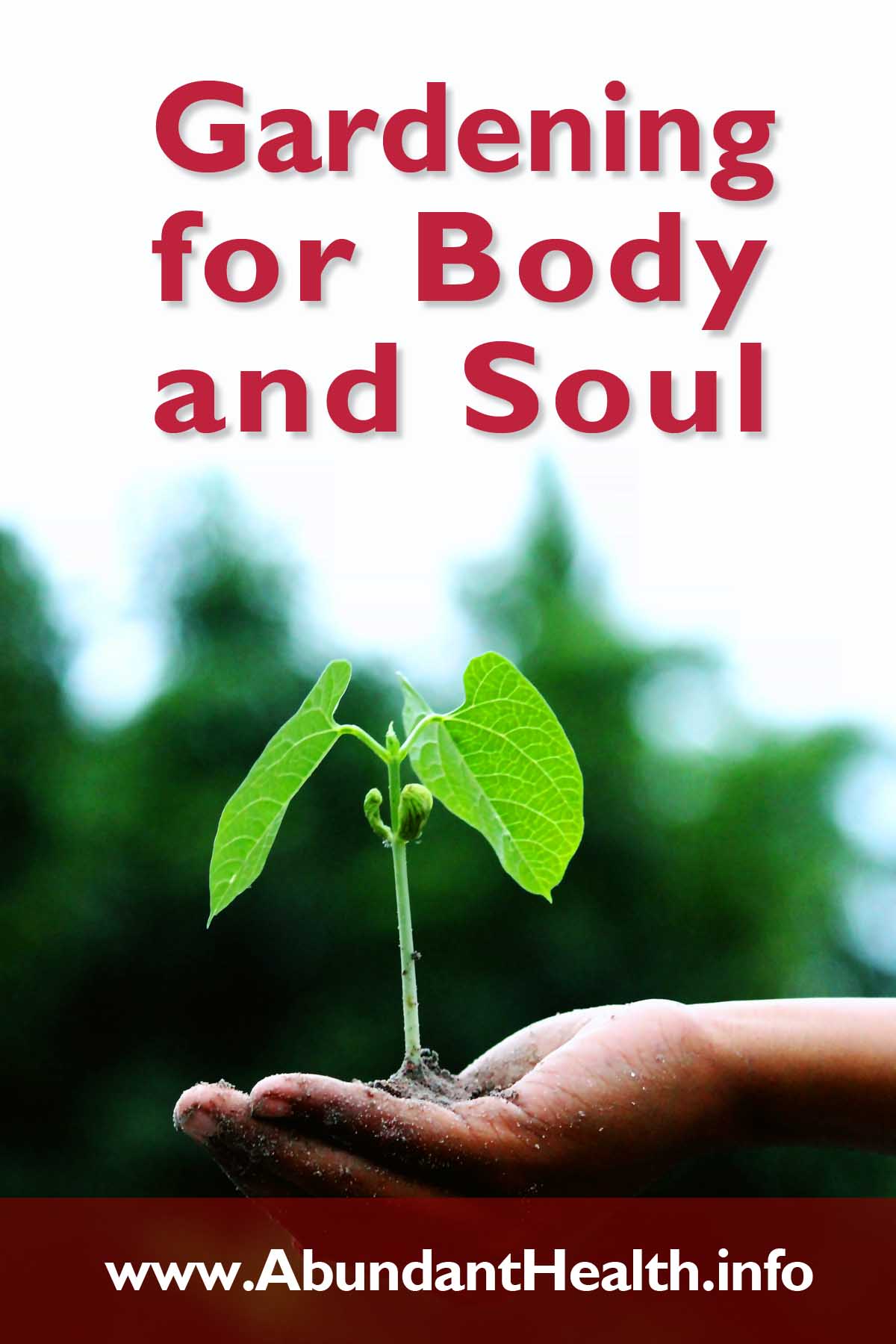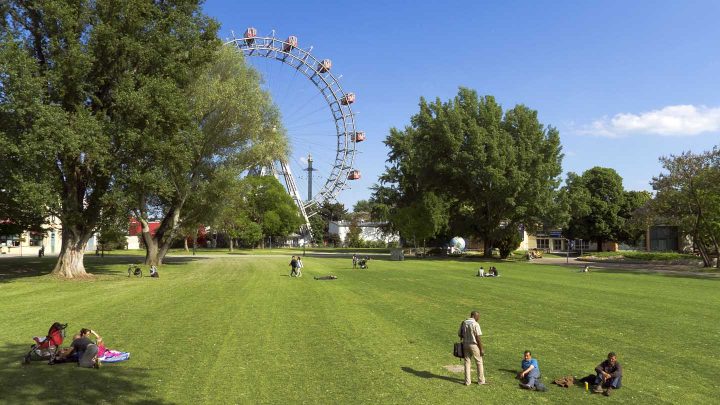When the first tender leaves sprout in the garden, forests and meadows are covered with young green, then nature lures you with all of its force. Digging up the earth, planting seeds, planting flowers, bushes and vegetables is not only good for the body, but also for the soul. What’s more, gardening even has healing powers.

Handling rakes, watering cans and spades is part of the therapy when it comes to helping mentally ill people get back on their feet. Residents of retirement homes also benefit from dealing with plants, if they have been uprooted from their previous living environment and have become dependent on caregivers. Gardening has a calming and balancing effect even on delinquents.
Effects of Gardening on the Body
After spending just a few minutes outdoors, blood pressure begins to drop, the pulse calms down, and the heart rate becomes more even. Muscle tension is relieved, coordination and fine motor skills improve, metabolism is boosted and general mood improves. The movement stabilizes the circulation and mental tension is reduced.
Effects on the Mind
By dealing with plants you can learn how to deal with yourself. Plants have a strong will to survive, they can adapt, they even produce themselves what they need to survive. They show us formation, growth, maturing, but also retreat, dying and decay. When gardening, connections are recognized and ways to solve problems are found. Those who work in the garden experience themselves as being the active force, not as being manipulated or at the mercy of others. This is how you learn to control your environment and don’t feel helpless, at the mercy of your surroundings. You are very close to the Creator, in whose hands ultimately lies the success of one’s efforts. This gives a feeling of security and has a positive effect on mental well-being.
Gardening as Therapy
As early as the 18th and 19th centuries, philosophers and educators called for more green in the gray monotony of cities. Wise regents allowed the population access to parks, gardens and forests that had previously only been accessible to the nobility. We think of the entry of the people into the Viennese Prater or the inhabitants of Munich into the English Garden. Unfortunately, such local recreation areas have not been able to very effectively stem the alienation of man from nature.

Fortunately, the beneficial effects of nature have not been completely forgotten. Psychotherapists have developed an extremely effective therapy for the sick and old, for people in need and in crisis. Horticultural Therapy is an interdisciplinary method. Gardeners, landscapers, doctors, psychotherapists, physiotherapists and ergotherapists create programs for their patients together. Garden therapy can begin as soon as a sick person is no longer bedridden. A separate small area in the garden that belongs to him, for which he bears responsibility, in which he can or must move, is the best training program for him.
Gymnastics on equipment or physiotherapy is often carried out without much enthusiasm or is perceived as a nuisance. When digging, sowing, planting and pulling weeds, the patient forgets that this is an exercise program. In addition, there is the excitement when one’s own harvest can be brought in. In the great outdoors, people are also much more open to their therapist than in an office or group room. They are more accessible to conversations.
Plants as Therapists
Plants accept people as they are. They do not judge. They don’t care if they are being cared for by a healthy young person, or by a depressed, an addicted, a criminal, or a wrinkled old man. Plants are dependent on who cares for them and takes care of them. They react positively to care and attention, they thrive, blossom, grow and bear fruit. In the garden, the patient becomes the caregiver and the doctor himself. This gives mentally ill people new self-confidence and a new meaning in life. Tired eyes suddenly light up when a wonderful flower unfolds its colorful petals, when home-grown radishes shoot out of the ground and can be spread on the sandwich. There is another pleasant side effect: the physical work improves the appetite of the sick, they need less medication and can sleep better again.

Gardening for the Healthy
If you have a garden, you don’t need a gym or wellness clubs. Nothing relieves stress better than digging in the ground. Exercising in the fresh air stimulates circulation, strengthens muscles and the immune system. Experiencing the seasonal processes, the new awakening and passing away gives you stability and security. Anyone who is allowed to shape their own piece of land into their paradise and learns to unwind their soul in it does not need a therapist.
In addition, the harvest from your own garden has a very special contribution for your health. Fruits, vegetables and berries can mature. They can be harvested at the optimal time. Phytochemicals that are so important for health are higher than in products that are harvested unripe. It takes less time from harvest to consumption. Vitamins and the appetizing appearance are preserved. In addition, there is the satisfaction of having produced everything with my own hands and the certainty that there are as few environmental toxins as possible in them.
Don’t Be Afraid of Gardening
So that gardening doesn’t overwhelm us – it never stops – we have to stick to a few rules. It must never dominate us, we must dominate it. If it overwhelms us, we either have to cut back on ambitious plans or delegate some work. Your own garden must also be a place to relax. There should always be a hammock stretched out somewhere that you can retreat to when you have the opportunity to relax, to listen to nature and listen to your own inner voice. A pleasant garden bench, a large stone or other seating should invite you to linger. In this way, our garden becomes a real therapist and gives us a lot of joy.

Stay Always Up to Date
Sign up to our newsletter and stay always informed with news and tips around your health.

Esther Neumann studied Nutrition at the University of Vienna. Since then she served as an author for the health magazine “Leben und Gesundheit” and conducted health lectures in various locations of Austria.
Leave a Reply